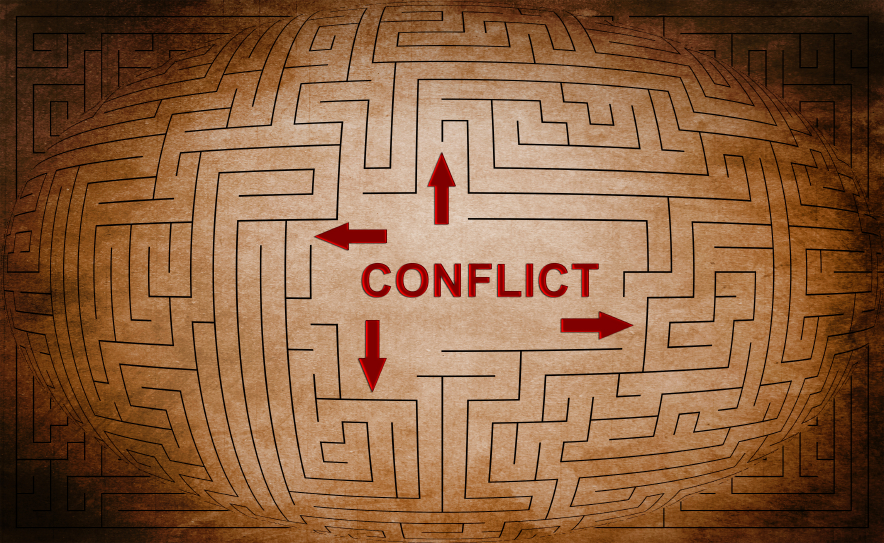Most professionals are well aware of the fact that interpersonal conflict can have major negative impacts on the success of a team project. That can lead to frustration, poor morale, project delays, and failed objectives in any organization. But few team projects in corporate America are as high stakes as a manned mission to Mars.
NASA has formalized plans for such a mission in the coming years.
Minimizing Risk Where It Matters Most
Among the multitude of logistical and technical challenges of such a mission are the emotional and mental strains placed on a group of people forced to live and work together for extended periods of time in tight quarters.
“Even for an astronaut, the psychological demands of this Mars journey will be exceptional,” writes Stephanie Kulke in an article for Northwestern Now. “The spacecraft will be small, roughly the size of a studio apartment, and the round-trip journey will take almost three years.”
This is a mission unlike any before, and NASA can’t really be sure just what to expect in terms of the group dynamics of the journey. That’s why Northwestern University researchers are engaged in a complex study to try to predict the impacts of the mission’s conditions on the mental well-being and group dynamics of the crew.
Predicting and Addressing Psychological Impacts
“In a multiphase study conducted in two analog environments — HERA in the Johnson Space Center in Houston and the SIRIUS mission in the NEK analog located in the Institute for Bio-Medical Problems (IBMP) in Russia — scientists are studying the behavior of analog astronaut crews on mock missions, complete with isolation, sleep deprivation, specially designed tasks and mission control, which mimics real space travel with delayed communication,” writes Kulke.
NASA’s and Northwestern’s appreciation for the risks of interpersonal conflict on a critical, complex, and expensive mission to Mars is telling—and instructive for other organizations. It highlights the importance of team dynamics in the success of any group endeavor, illustrating the fact that teamwork is far more than an afterthought or a “soft skill.”
Lin Grensing-Pophal is a Contributing Editor at HR Daily Advisor.

